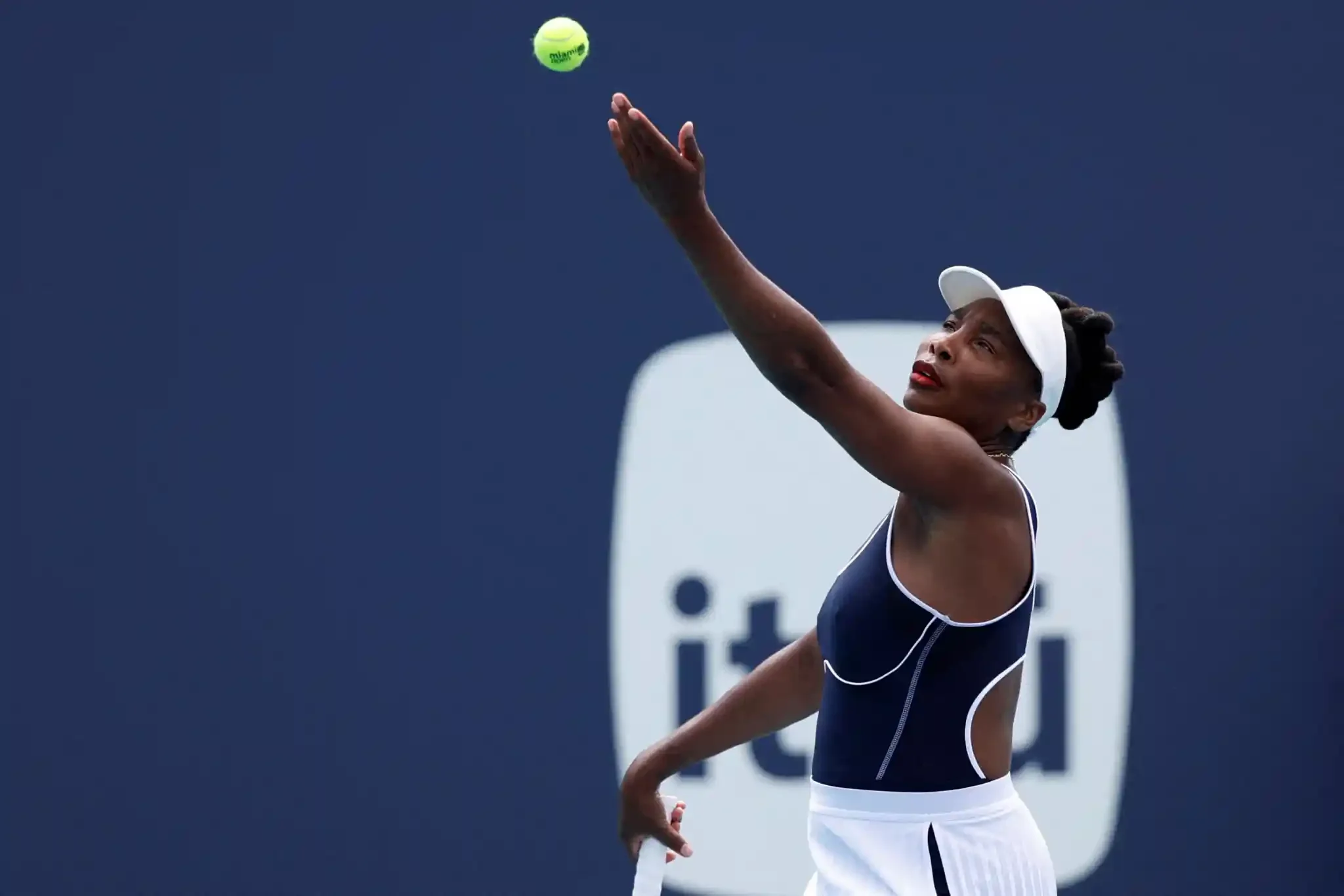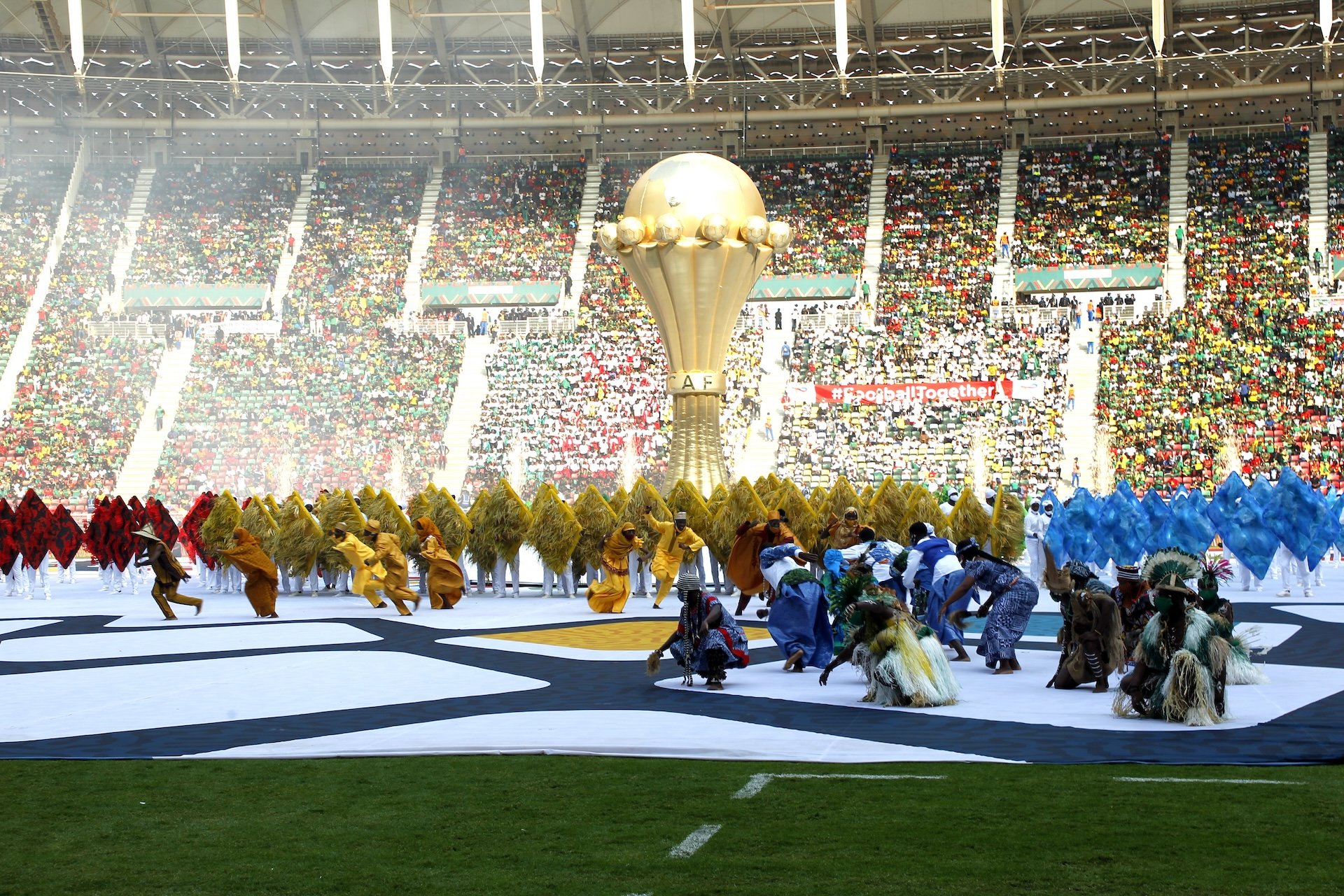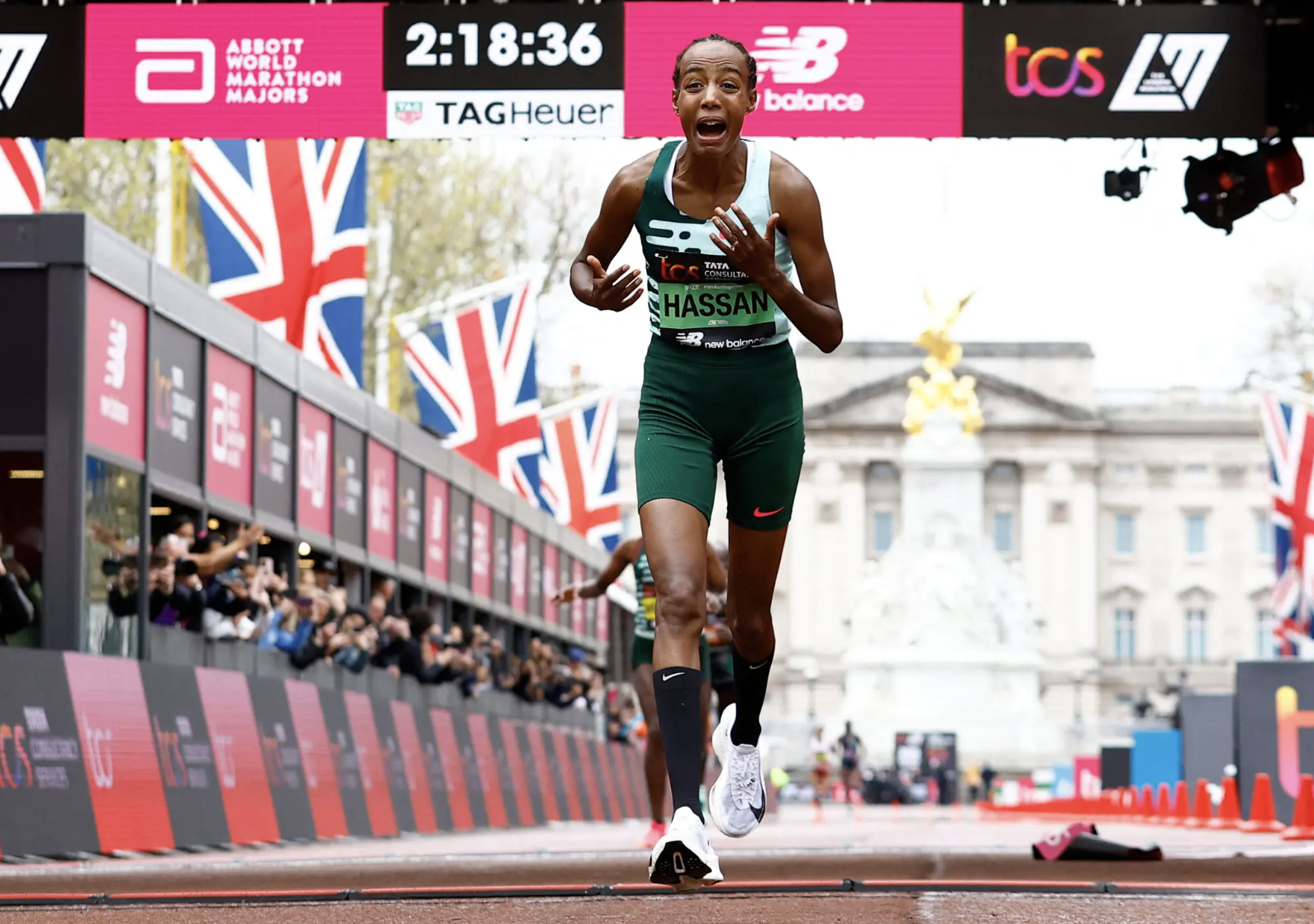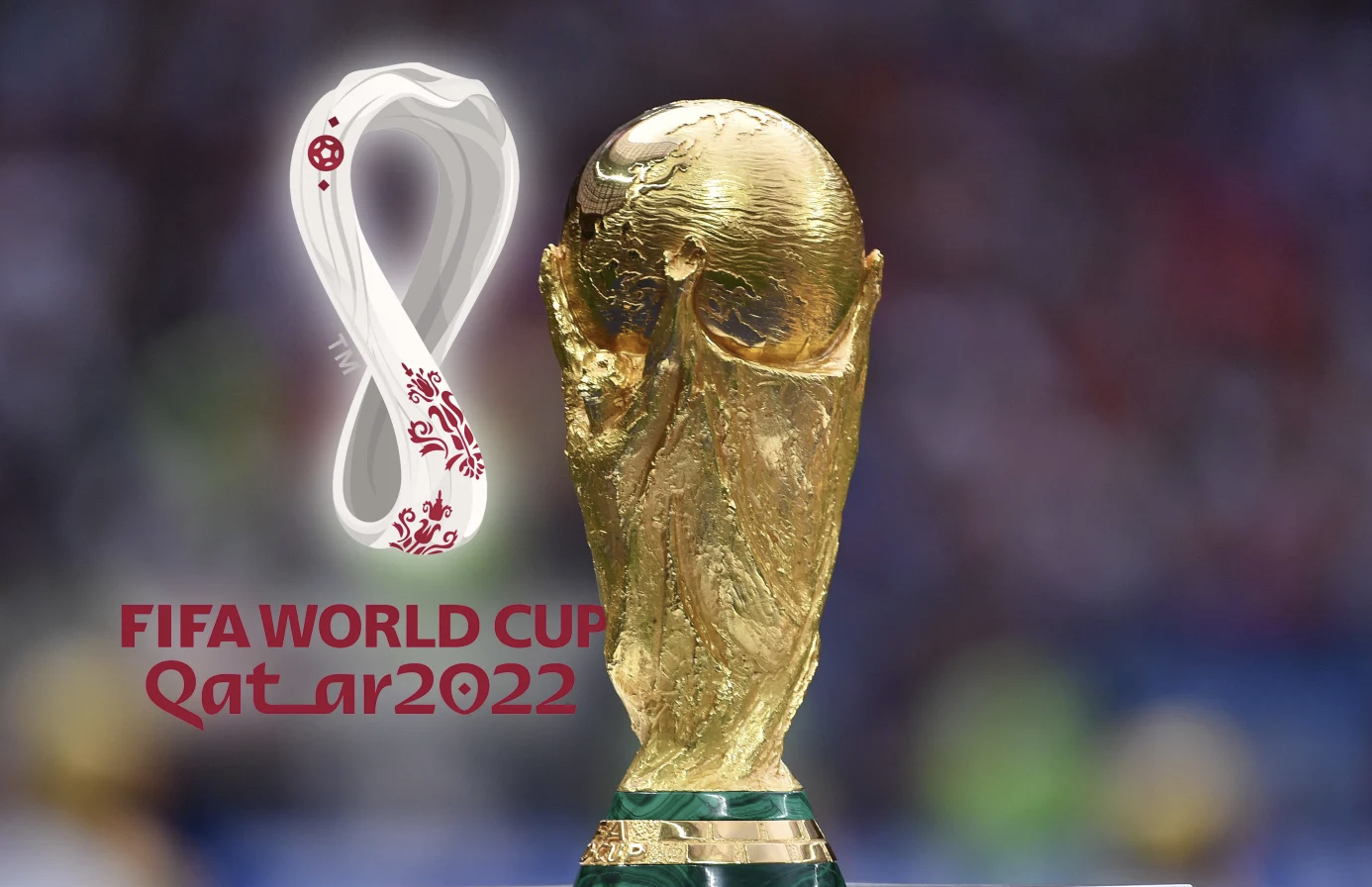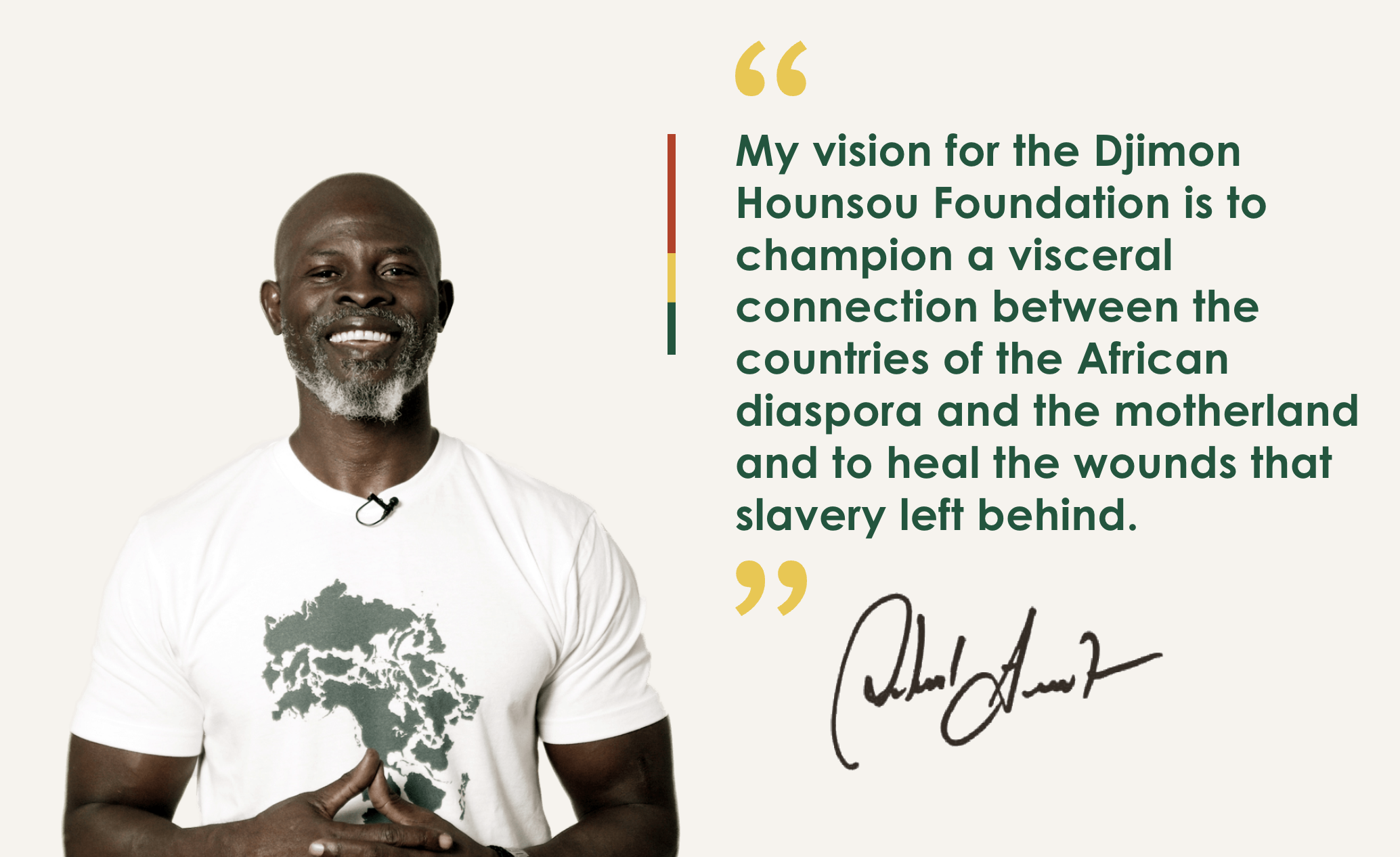Amateur football is in crisis and might not survive the pandemic
Photo: Unsplash
One of the recurring themes of the Covid-19 pandemic has been its impact on the world’s finances. Sports, like many other sectors, have been greatly impacted by the global health crisis. For months, supporters and players all over the world mourned the loss of their game day rituals. And the sad, empty stadiums with their cringy recorded cheers were a reflection of the uncertainty surrounding the world of sports.
Although a slow return to normal is on the way, football (soccer) like many other disciplines has been harshly hit. The industry is worth billions of euros and the consequential return on investment has proved to be worthy for the ultra wealthy all around the world. Businessmen and multi-million euro companies have been making incomparable profits for years.
The Annual Review of Football Finance 2020 published by Deloitte in June 2020 states that “the 2018/2019 season saw English and European football reach record levels of revenue generation...The gap between the average revenue generated by a ‘big six’ [Manchester United, Liverpool, Arsenal, Chelsea, Manchester City and Tottenham in the Premier League] club and the remaining clubs has continued to widen. In 2018/19 the average revenue generated by a ‘big six’ club was £500 million, an increase of £39 million (9%) from 2017/18, whilst average revenue for the remaining clubs increased £7 million (5%) to £154 million.”
In January 2021, after 10 months of uncertainty, the first financial reports were published and unveiled the abysmal losses of major European leagues in France, Italy, Germany, Spain, England and Portugal. The numbers were astonishing: £105 million loss for PSG, £85 million for Juventus and £100 million for Porto. According to Christophe Petit, sports economist, the European Club Association estimated the overall loss (since the beginning of the crisis) at an astonishing £4 billion for first division clubs.
Premier league clubs are not the only ones suffering though. While the rich football clubs are no longer reaching their eight-figure profit, the world of amateur football is in agony. Like a snowball effect, the fallout is catastrophic. Between bankruptcy, unpaid wages, and partial unemployment, the players have been forced to reconsider their lives without their football income. The future of hundreds of thousands of players remains unclear.
I am a football player in a Belgian third division team considered semi-professional. As most players, my goal pre-pandemic was to do my best in order to get drafted to the highest level possible. But football in Europe is a cruel sport and saying that the competition is fierce is an understatement. But today, any dream of getting drafted has been reduced to just looking forward to the next training session.
During a regular season, we train 7 times a week for 11 months and our goal is to move up to the second division as this would allow the entire team to achieve professional status. Since March 2020, we have only played one official game. We resumed our activities in mid-July 2020 but the competition was again interrupted in mid-October 2020.
Amateur football came to a complete standstill and the situation has become distressing financially. Some clubs no longer pay salaries and others have gone bankrupt. There is no more money coming in.
In my club, a fan spends an average of €20 per game, and playing games behind closed doors would prevent the club (and the players) from collecting that income. As for the sponsors, they are also going through tough times and have had to prioritize their company and employees before sponsorships. Plus, there is no room for advertising if we are not playing.
A return to normal will only come with the end of this pandemic
The management of some European teams accustomed to receiving revenue amounting to several million euros after a single home game found themselves without any contribution overnight due to the sudden halt of most activities during the pandemic. Revenue streams such as the sale of merchandise, tickets, upgrades to VIP boxes, expenses at the bars and refreshments sold during the games were no longer.
In addition, some television channels gave up paying for the broadcasting of matches without stadiums filled with supporters. In France, they were no longer jostling to win the broadcasting rights for Ligue 1 at a high price. The Téléfoot channel, a channel dedicated to everything football created in summer 2020, had offered these rights for millions of euros but after only a few months, everything stopped.
Football - the games, the leagues and the relationship with supporters will have to adapt to the post-Covid world to continue to exist and persist. But awareness is on the rise, supporters understand the vital part they play in this economy.
As excitement for the Euro, the major European football tournament mounts, it is my opinion that clubs should take this opportunity to rethink the way they involve supporters and fans in this new era of sports following the pandemic.
“The deep public love for sport – whether watching or participating – has been clearly demonstrated during the crisis and sport will play a valuable role in the nations’ recovery, indeed way beyond its direct economic contribution. In the long-term, commercial partners will still want to be associated with the passion of sport, but for many corporates tough spending decisions will be required and short-term discretionary expenditure such as sponsorship and corporate hospitality will come under scrutiny. Some partner industries to sport may retreat, certainly in the medium term, but others have the opportunity to become more prominent supporters,” the Deloitte report states.
I personally believe that supporters should be given more consideration, their immense value to the game should be recognized and made a priority. Players and coaches come and go but supporters remain. They are the soul of the clubs, while many owners are there for the sole purpose of making a profit. Some have even shown their disregard once money is no longer part of the equation.
The next few months will be decisive for a lot of smaller football clubs who will follow the return of the first division and the Euro championship as examples on how to handle their own. How organizers will incorporate the new normal of a post-pandemic world into the game will be vital for the fans and for the survival of smaller clubs. Yes money does drive the industry, but the game is key, and today, recognition and adaptation is necessary for amateur football to survive.
SHOP THE CHANGEMAKER COLLECTION






